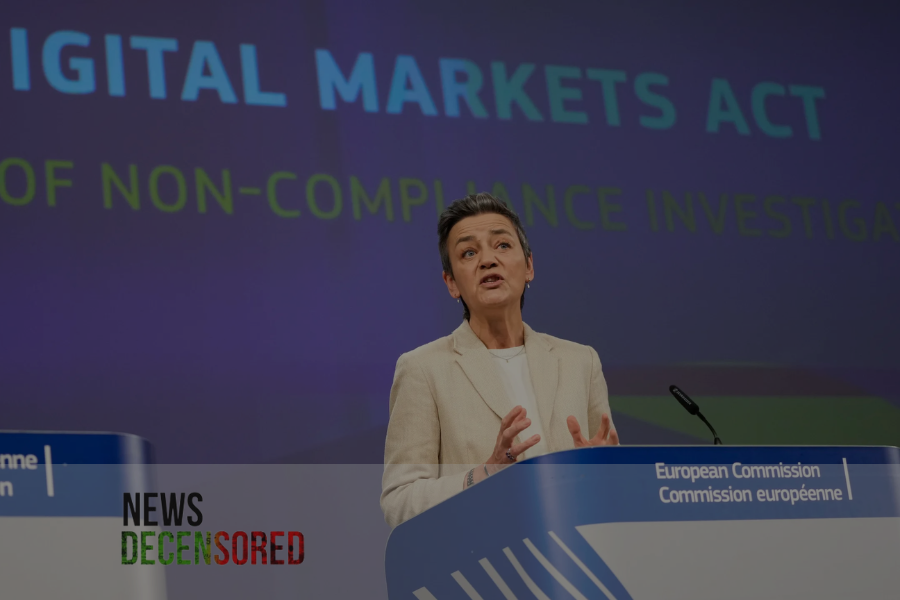Meta, which is Facebook’s parent company, recently received criticism for another issue: violating the new European digital competition rules through a ‘pay or consent’ advertising strategy.
At the end of 2023, Meta launched a Subscription for no ads service, whereby the Facebook and Instagram clients in Europe could subscribe to pay up to €12.99 ($14) per month for removing advertisements from the different platforms. Other users who declined this service are forced to receive versions of applications that contain personalized advertisements.
Regarding the opinions of the European Commission, it stated on Monday that, according to its preliminary assessment, this setting allows the collection of the user’s data without offering an equivalent option that does not involve bi-metrics. On this account, this practice is deemed by the Commission as non-conforming to the DMA.
If the Commission upholds its provisional findings, Meta might be liable for a hefty penalty continuing to 10% of its gross annual turnover. Based on Meta’s 2023 financial results, the outlet suggested that this fine could amount to about $13. 5 billion.
Meta stands on the sidelines of the Commission and has dismissed the conclusions that the Commission has arrived at in consideration of the conflict. A Meta official said, ‘ Subscription for no ads is in conformity with the highest court in Europe and the DMA, now let us continue with the constructive conversation with the European Commission to end this probe.
This development comes in the wake of a similar case involving Apple, which the European Commission is accusing. Apple is alleged to have violated the DMA by restraining app developers from guiding consumers to cheaper deals. Alphabet, Google’s parent company, is also facing a related lawsuit.
The DMA, which started to apply in March 2024, aims to give the end-users more choices and guarantee fair competition by requiring the dominant online platforms, or the so-called gatekeepers, to provide options. Many gather people’s personal information traced within their own and third-party services and employ this data for digital advertising.
According to a statement made on Monday, the European Commissioner of Competition Policy, Margrethe Vestager, remarked that Meta has been aggregating the personal data of ‘millions of EU citizens for several years. ’ Vestager stressed the Commission’s aim of helping citizens regain control over their data and have an option for less targeted ads.
Mr. Koenig, the Commission’s senior official, said that Meta must provide users with the option to advertise without personal data. He said Meta could introduce a special package for people who do not wish to look at ads at all or have a package that charges for extra privileges.
The commission is expected to complete its inquiry into Meta by the end of March next year at the earliest. This probe is part of more comprehensive actions to promote DMA and ensure that companies from tech Giants in the United States follow the regulations in the European Union market.
As the situation unfolds, the investigation’s results may considerably define the tendencies of digital platforms’ behavior in terms of users’ data and ad models within the sphere of EU regulations.















